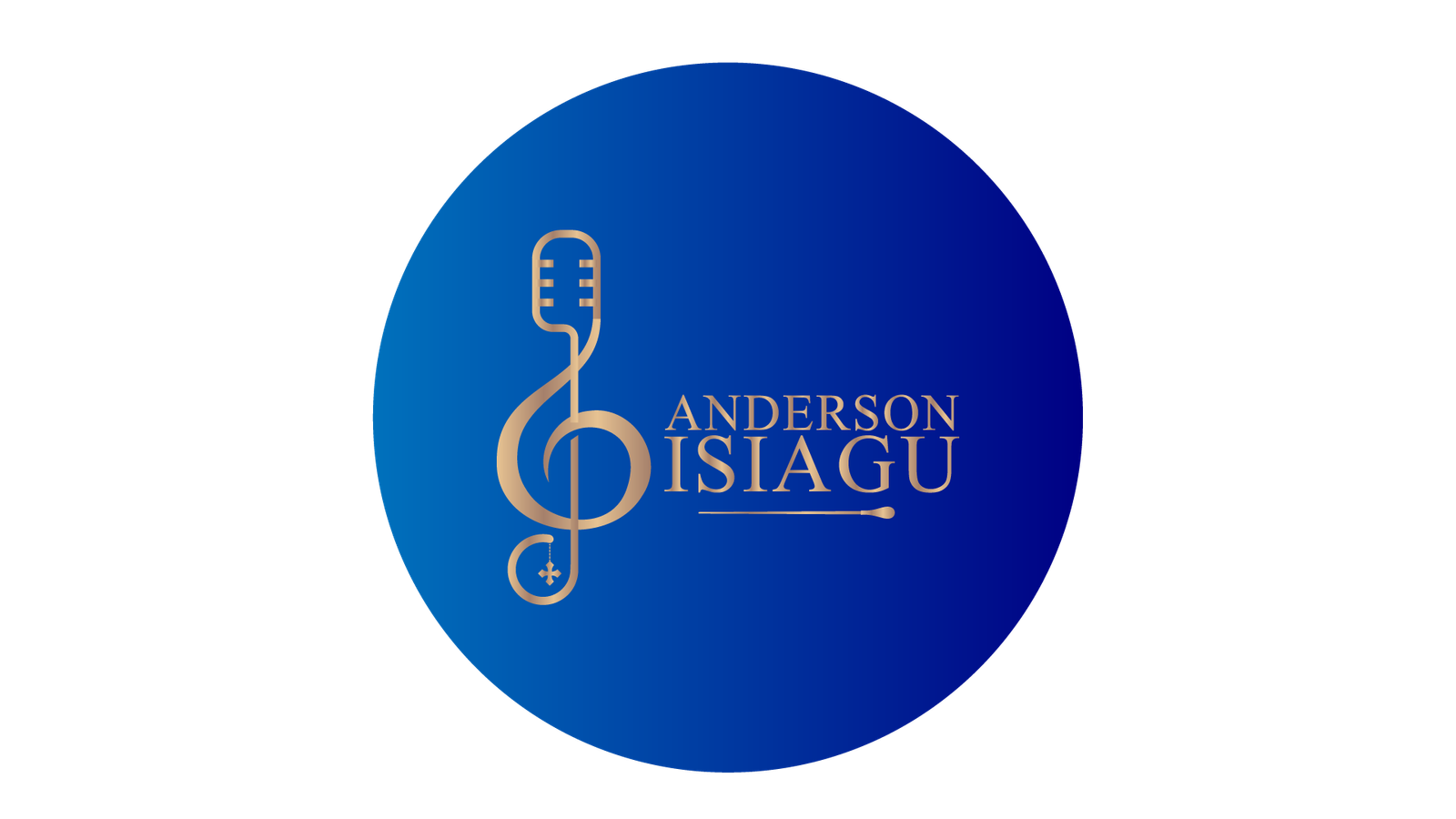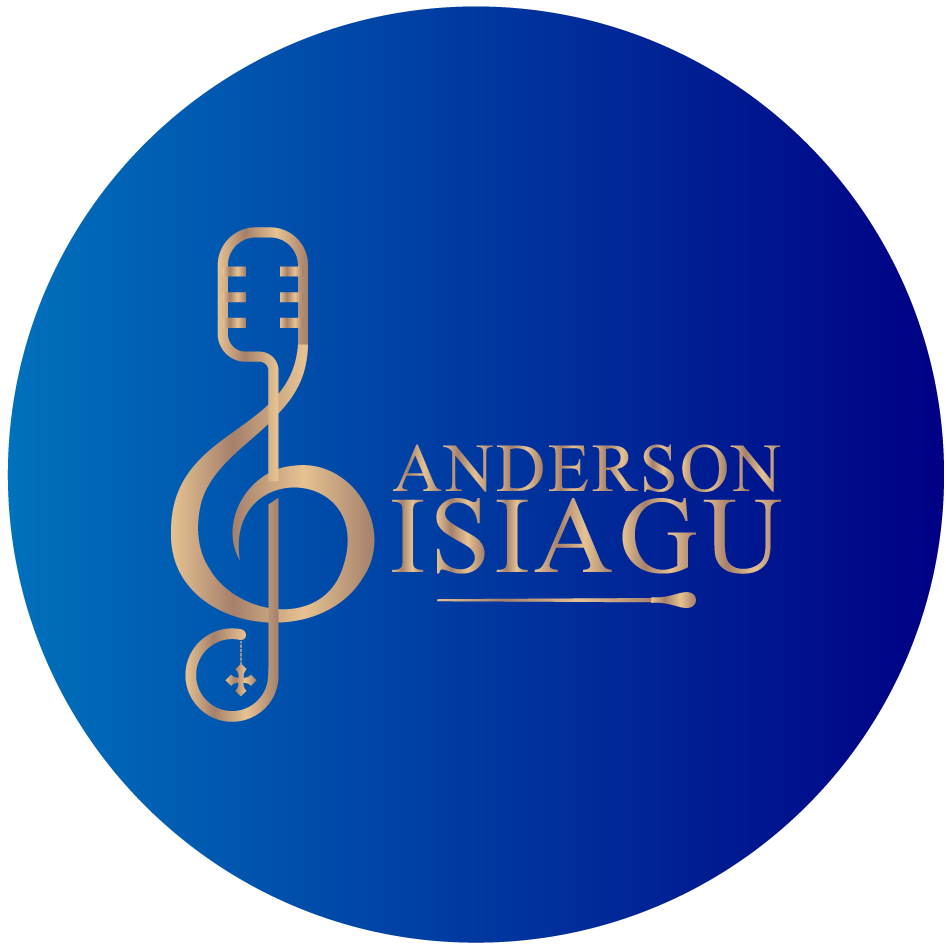Like every tool that helps us in the discharge of and accomplishing tasks, the voice is an important tool and instrument that always benefits from good hygiene and practices capable of helping prepare it and make it easily accessible and ready to be deployed in all vocal tasks, be it singing, or speaking. Such practices can be cultivated before, during, and after vocal performances.
Vocal coaching is an important factor in taking the voice from a raw, undeveloped form into a seasoned and technically sound shape. The coach is familiar with all shades of vocal faults as well as appropriate diagnosis and exercises for solving them. The expertise of a coach is needed in detecting bad vocal habits that are disguised as good singing but in the long run tend to lead to over exertion or premature careers. The importance of a good coach cannot be overemphasized, which underscores the need to research extensively and carefully when choosing one.
The coaching market is proliferated with myriads of individuals and unique coaching styles that singers can choose from. A good coach is passionate, have studied extensively, how the voice works, the mechanism of sound production, as well as the various ways to hone it into a formidable instrument for best results. One of the best ways to find a good coach is to look into the quality and progress made by those they have trained. Did such students develop verifiable vocal skills akin to what you are looking for? What about their teaching style? Is it inspirational or forced? Is their feedback constructive or destructive? A vocalist must ensure that their coach is someone who can see the potential in them that they may not see in themselves.
While I usually do not make rules concerning preparing for a session, the vocalist, at the minimum, should ensure they get enough rest, hydrate properly, and wear appropriate clothing that allows for breathing freely. Also, it is important to come prepared to make mistakes. Personally, I consider mistakes as an important element of my session. In fact, I welcome mistakes and find it useful to be able to hear the raw, unrestrained, uncontrolled, and unrefined singing quality of the vocalist with the goal of guiding the singer towards refinement. The coaching session is not the performance stage, hence the vocalist must be prepared to enter into a space where they can be free to experiment with techniques and fix their mistakes without fear.
In order to ensure consistent growth, the vocalist must practice regularly on their own using the techniques learned from their vocal session. Usually, a coach will assign exercises that the vocalist needs to complete or master before the next session. Take these exercises seriously. They are usually intentional and meant to address issues in the voice that will prepare the vocalist for the next technique to work on. Create a routine, such as a morning and evening practice session anywhere from 15 to 30 minutes long. Do not force any exercise, be gracious to yourself and give it time and consistency for the voice to be able to do things it was not capable of. Finally, be mindful of eating foods that are not voice-friendly.
In conclusion, the voice, as a vital tool for both singers and speakers, requires diligent care and the guidance of a skilled vocal coach to reach its full potential. The right coach should not only possess deep knowledge and passion for the craft but also be capable of fostering a supportive environment where students can thrive. Remember, a great coach sees the unseen potential within their students, and their impact often reflects in the progress and success of those they mentor. The journey of vocal improvement is one of continuous learning and practice. With proper rest, hydration, and a willingness to embrace and learn from mistakes, vocalists can navigate the complexities of their art under the tutelage of a coach who truly understands and facilitates their growth. Whether you’re at the beginning of your vocal journey or looking to refine your skills, the partnership with the right coach can be the cornerstone of your vocal excellence and the key to unlocking your unique voice.




